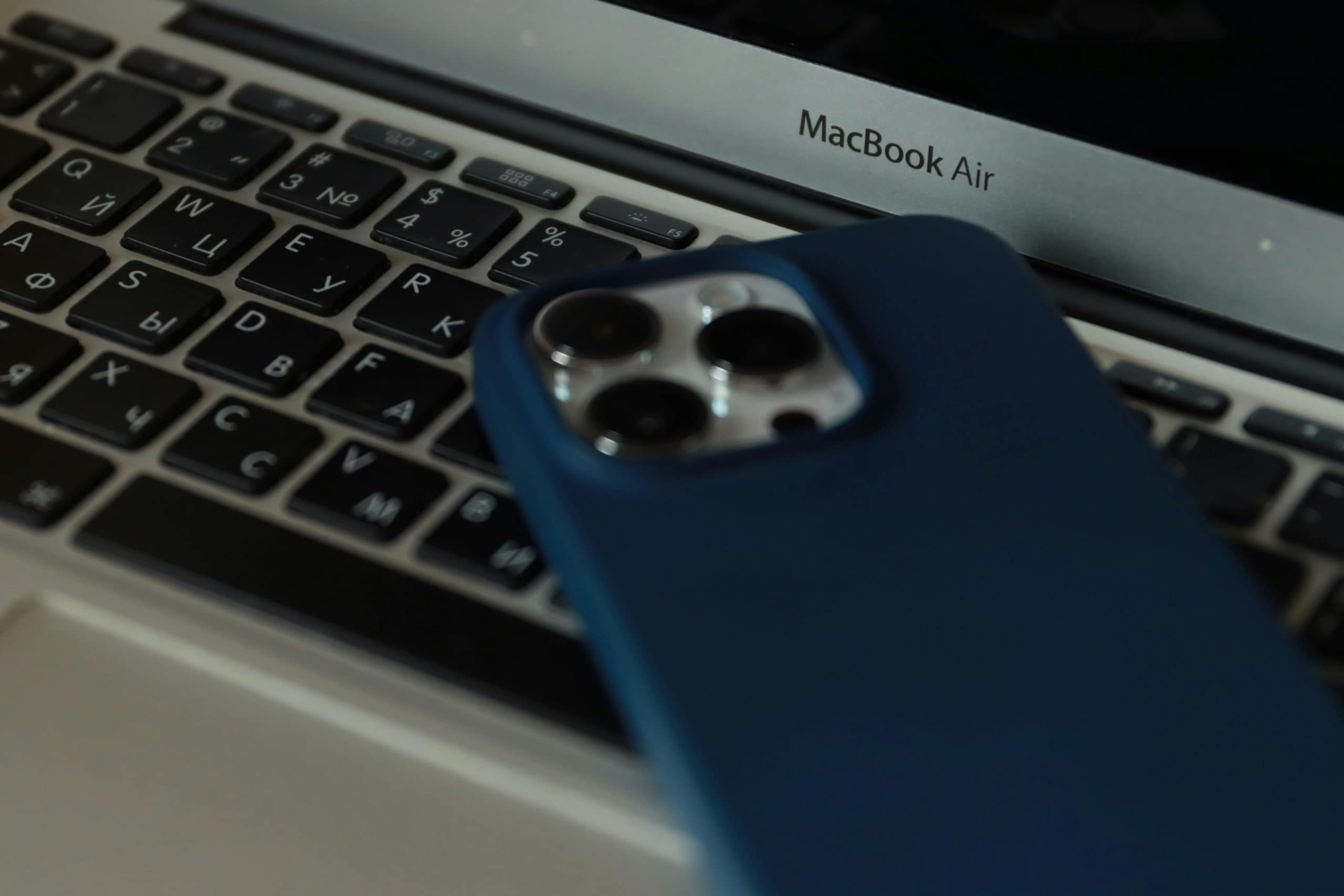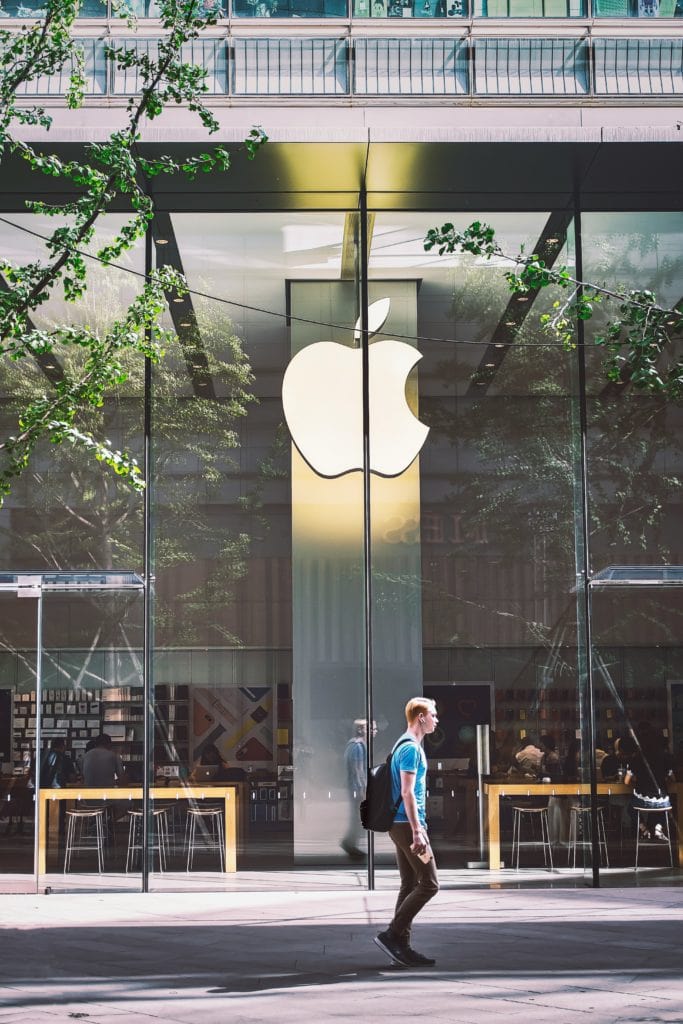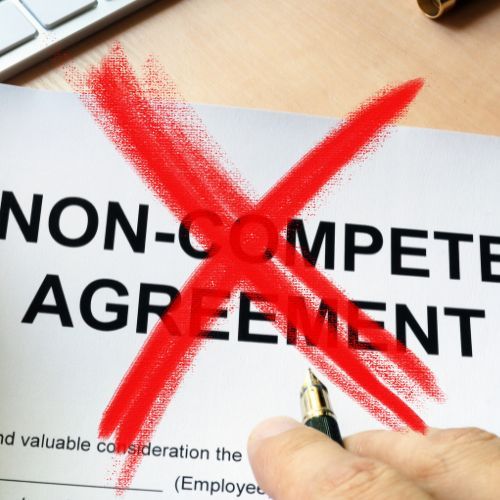
Apple, a leader in innovation, faces serious accusations that strike at the heart of workplace ethics. Allegations of illegally monitoring workers’ personal devices and suppressing discussions about pay and working conditions reveal troubling practices within the tech giant.
So, the question is, “Is apple accused of silencing workers correctly?” Workers spying on personal devices has always been a big red flag for major companies because of data breach.
However, silencing workers spying on the company is a different story. Let’s dip into the details of the incident involving illegally monitoring its workers.
Amar Bhakta Vs. Apple: Understanding The Details
Amar Bhakta, a digital designer at Apple, has filed a complaint in California State Court, claiming the company requires employees to install software on their personal devices that grants access to private data. These accusations highlight a larger issue—workers’ rights to privacy and fair treatment.
This article unpacks the allegations, outlines workers’ legal protections, and emphasizes the need for accountability in the workplace as well as details of a lawsuit of illegally monitoring.
Understanding Workplace Rights
When starting a career with a tech giant like Apple, it’s easy to feel lucky—joining a global network driving groundbreaking innovations. In our eagerness to succeed, we may sign NDAs and accept unconventional workplace practices without question.
However, there comes a point when preserving “workplace harmony” should not mean sacrificing fairness or privacy. Knowing your rights empowers you to recognize and challenge injustices when they arise.
Your Right to Privacy
U.S. laws, like the Electronic Communications Privacy Act (ECPA) and California’s stringent privacy regulations, aim to protect workers from excessive monitoring. Employers may track work-related activity on company-owned devices, but extending this to personal devices crosses a critical line.
Internationally, the General Data Protection Regulation (GDPR) sets strict limits on data collection, emphasizing transparency and consent.
Your Right to Organize
Under the National Labor Relations Act (NLRA), workers can discuss pay and working conditions freely. Actions that prohibit employees from exercising these rights, such as restrictive NDAs, violate the law.
Retaliating against whistleblowers further breaches protections under the Whistleblower Protection Act and OSHA regulations.
Apple, however, allegedly illegally deterred employees from speaking up, leveraging confidentiality policies to silence dissent. Workers need to know these tactics often lack legal merit.
Workplace Privacy: What You Need to Know
What Constitutes Surveillance?
Surveillance includes tracking emails, monitoring workplace messaging apps like Slack, and accessing private accounts like iCloud. Bhakta’s lawsuit claims Apple’s surveillance policies extend to photos, health data, and smart home systems—actions that may breach privacy laws.
How to Protect Yourself
The job market is tough but if you don’t want to be in a situation during where a company has you under fire. This is not Apple’s first trouble as two former female employees initiated a lawsuit in June accusing Apple of systematically underpaying women. To keep yourself safe in such situations, here are a few things to do:
Document everything: Save evidence of surveillance overreach or policy violations.
Know your boundaries: Familiarize yourself with laws that protect your personal devices and accounts.
Seek legal counsel: If you suspect overreach, consult an attorney to explore your options.
Retaliation and Worker Protections
Apple allegedly imposes confidentiality policies to keep employees silent about working conditions. Yet, workers can fight back.
NDAs Have Limits: These agreements cannot prevent legally protected activities like whistleblowing or discussing workplace conditions.
Legal Recourse: The labor board offers channels for filing complaints if you face retaliation or intimidation.
Steps Workers Can Take
When your rights are violated, swift action matters:
File a Complaint: Contact the National Labor Relations Board (NLRB) or the Equal Employment Opportunity Commission (EEOC) to report misconduct.
Gather Evidence: Keep detailed records of incidents, including dates, emails, and conversations.
Find Legal Help: A qualified attorney can navigate complex situations and help protect your rights.
Broader Implications for Workers
Apple is not alone in these controversies. High-profile cases spark an employee movement within the tech industry, pushing for fair treatment and transparency. From addressing pay discrimination to ensuring pay equity, workers are increasingly organizing to demand accountability.
These trends emphasize the growing power of labor movements. Employees are no longer silent; they are leveraging social media and workplace messaging platforms to amplify their voices.

Apple’s Response and Relevance
Apple has denied wrongdoing, asserting the lawsuit lacks merit. However, the allegations suggest broader concerns about workplace culture.
At least three complaints have been filed against the company in recent months, including claims of systematically underpaying female workers and retaliation against those challenging pay equity.
For workers, this serves as a reminder to remain vigilant and informed. Companies must comply with legal standards, but employees play a vital role in demanding transparency.
FAQ: Understanding Your Workplace Rights
1. What are the allegations against Apple?
Apple faces accusations of silencing workers and illegally monitoring personal devices and iCloud accounts by requiring invasive software. Workers also claim that Apple’s confidentiality policies block discussions about pay and workplace conditions.
2. Can employers spy on personal devices?
No, employers cannot spy on personal devices without explicit consent. The claims against Apple suggest possible violations of privacy laws. If Apple has been monitoring its workers personal devices, it will spark massive outrage. Always review software requirements carefully.
3. Can Apple monitor workplace messaging apps like Slack?
Employers may monitor internal communication, such as with workplace messaging app Slack, but they cannot interfere with protected discussions about pay or conditions.
4. What should I do if my employer violates my rights?
Document Evidence: Save emails, screenshots, or records of monitoring.
File a Complaint: Contact the labor board, claiming a violation of your rights.
Seek Legal Help: Consult an attorney to protect yourself.
5. Are Apple’s confidentiality policies enforceable?
Not entirely. If Apple imposes confidentiality policies that block protected activities like whistleblowing or pay discussions, they may be illegal.
6. What does this mean for workers in tech?
These accusations highlight the importance of knowing your rights. Allegations of Apple spying on personal devicesand silencing workers are part of a growing movement demanding transparency and fairness.
Need help? Contact Bourassa Law Group to understand and protect your workplace rights.
Conclusion
Workers deserve respect for their privacy and the freedom to discuss pay and working conditions without fear. Allegations against Apple highlight the importance of understanding your rights and standing up for fairness in the workplace.
If you face similar challenges, the Bourassa Law Group is here to help. Our experienced team fights for worker rights and corporate accountability. Reach out to us today to schedule a free consultation, this your shot at protecting your future and building a better workplace for all.




